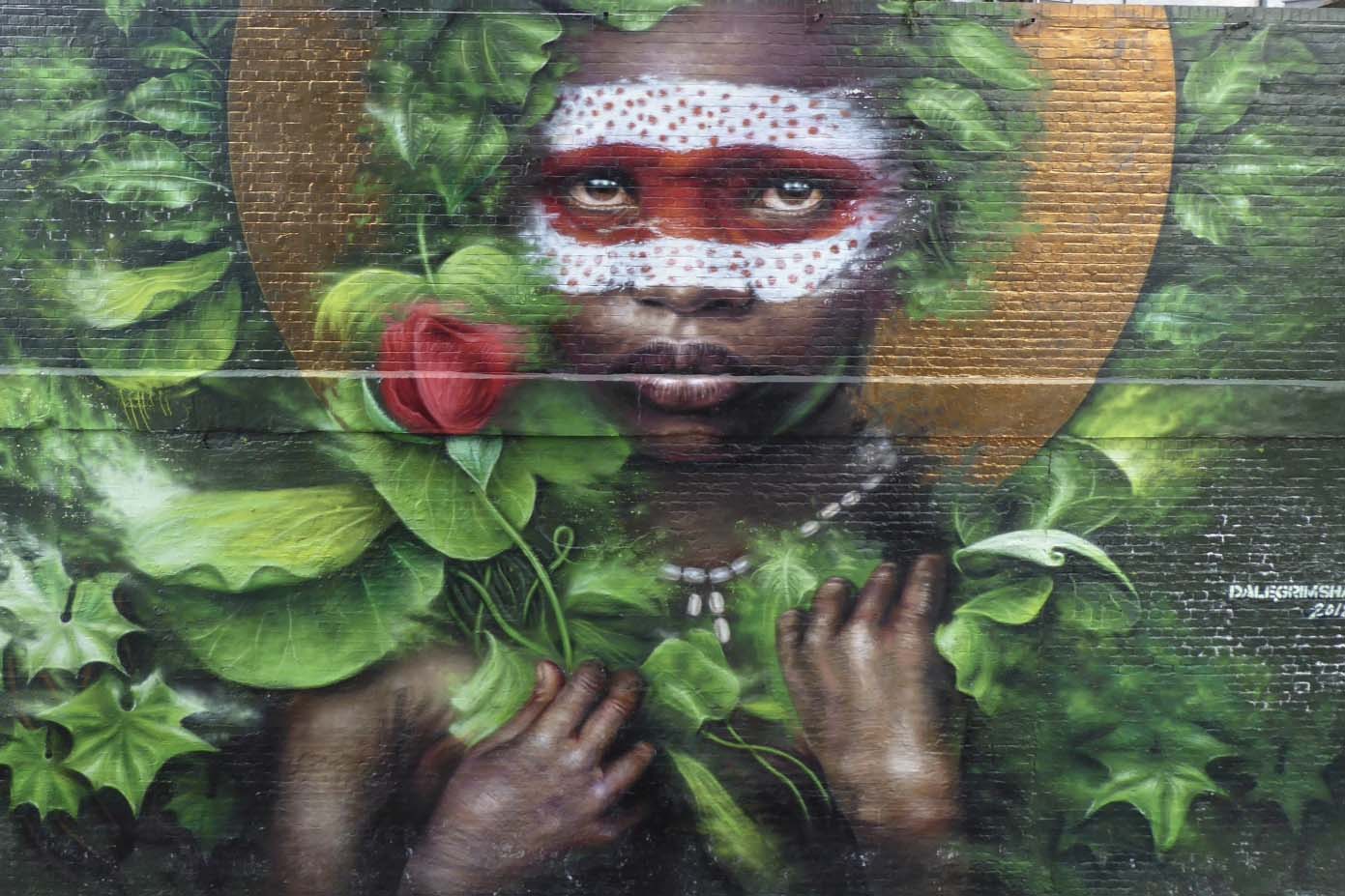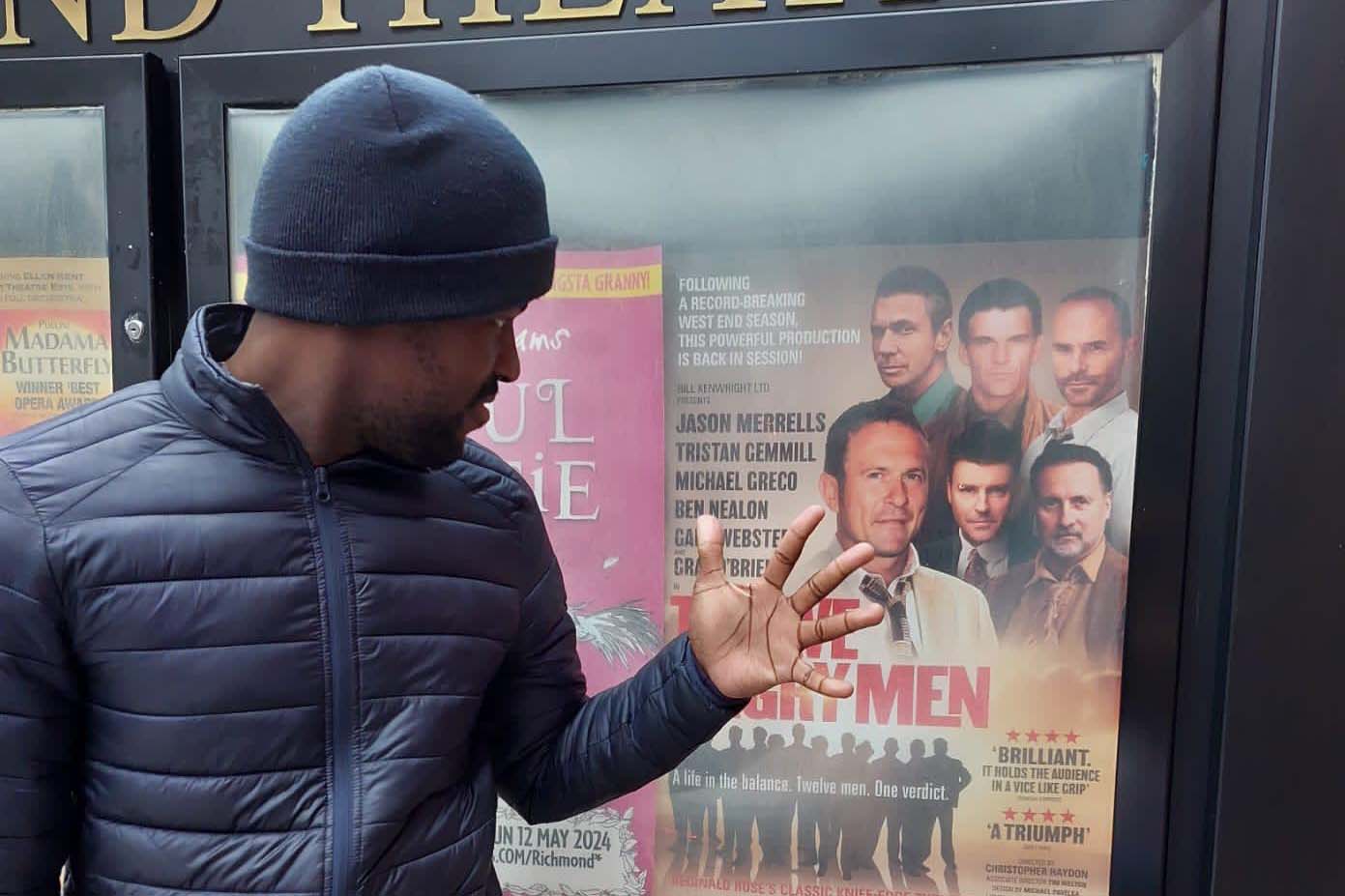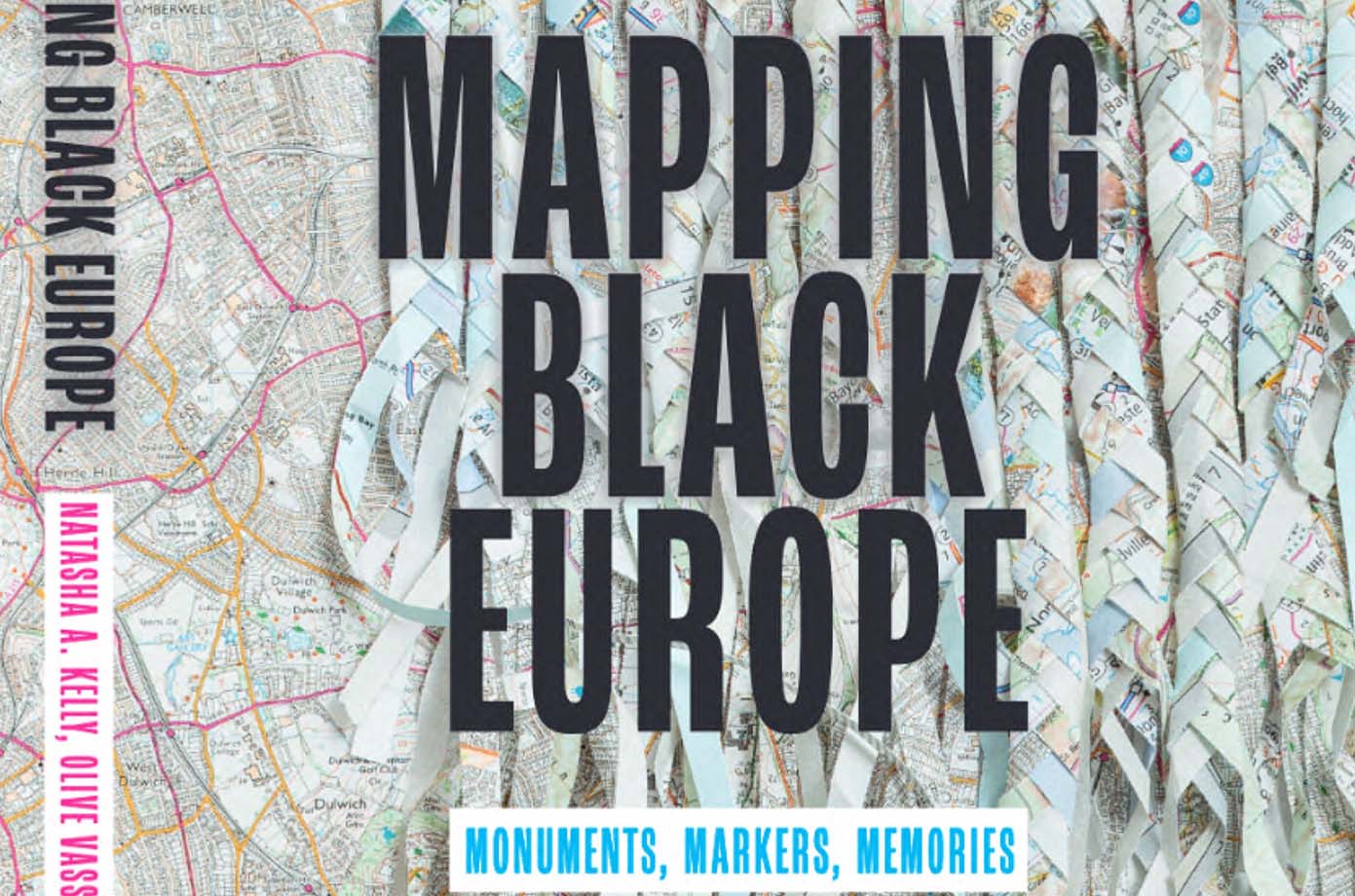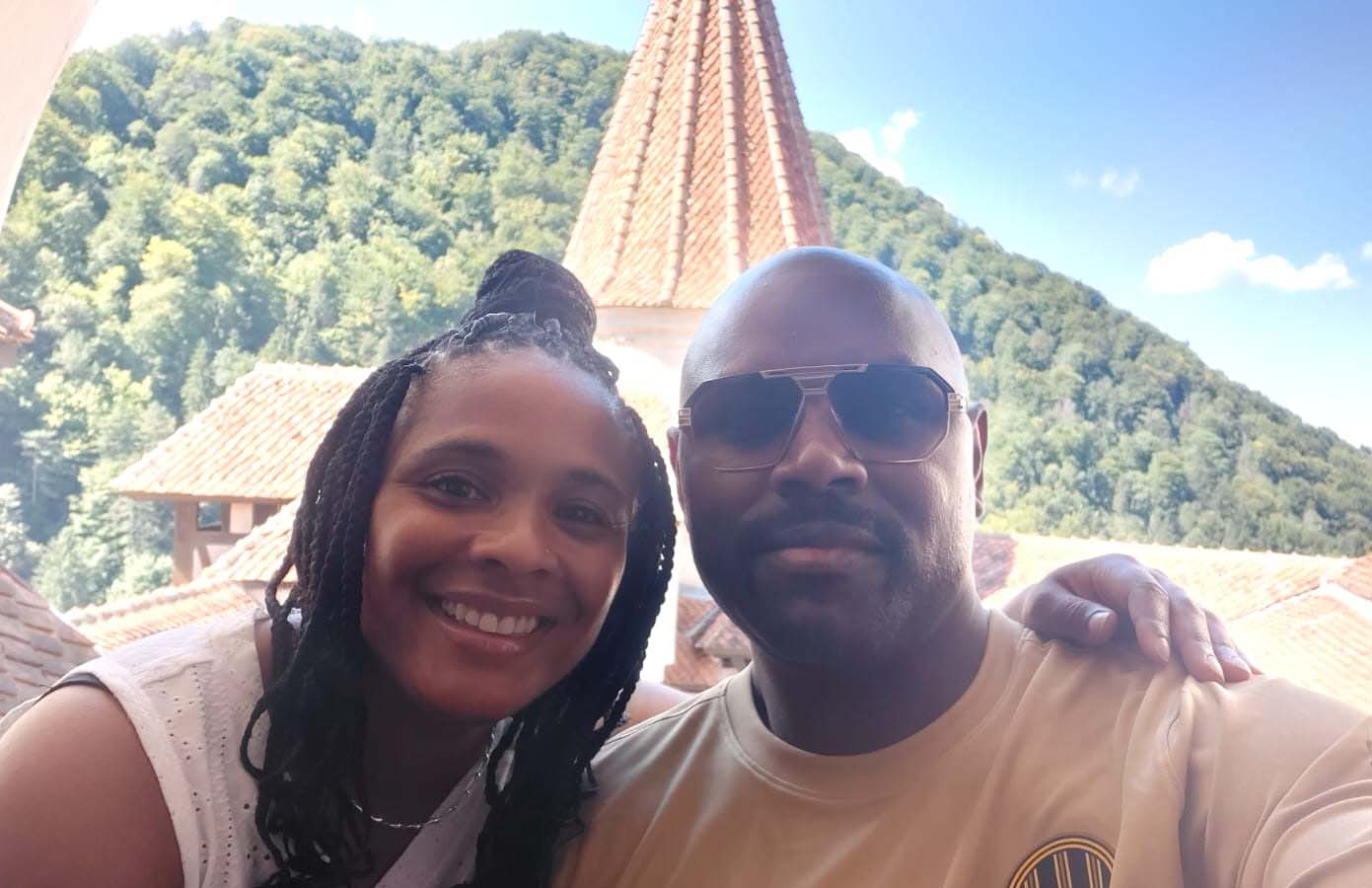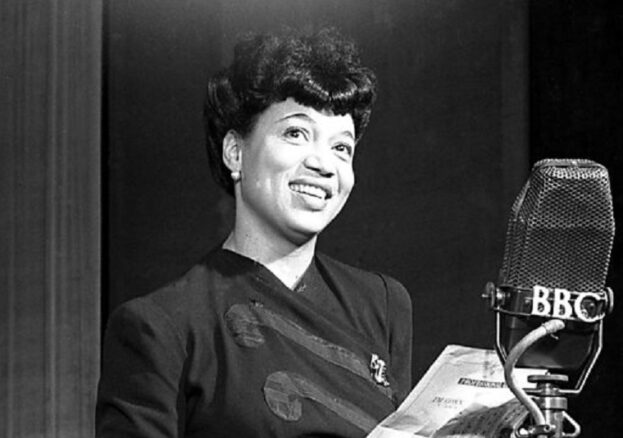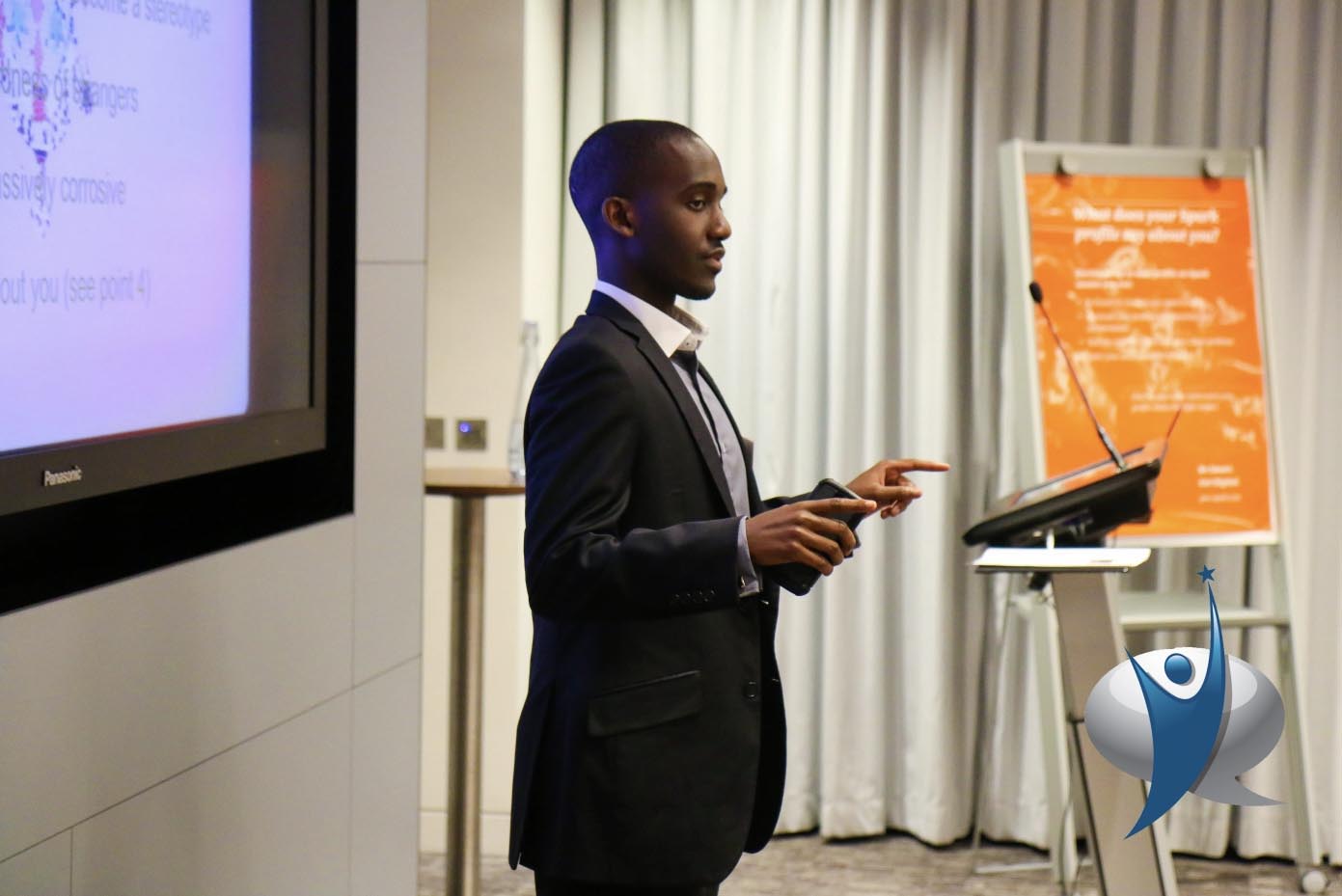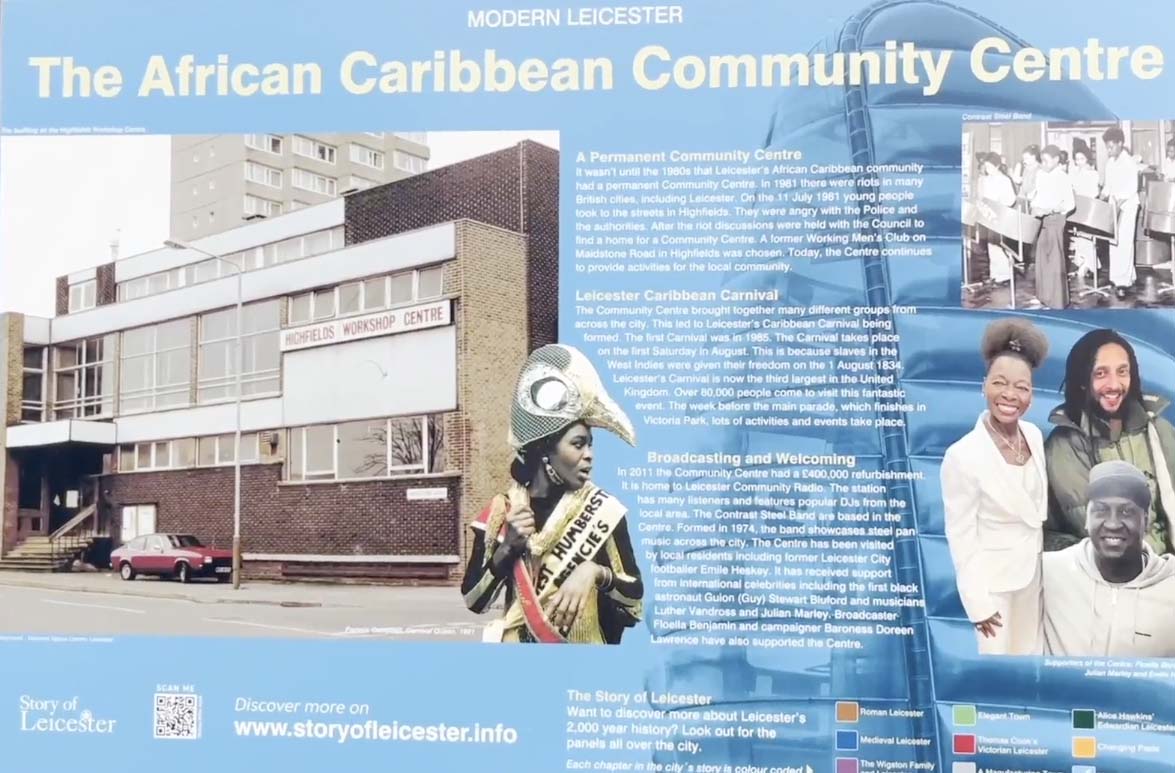
The African Caribbean Centre in Highfields, Leicester. Photo: Olive Vassell
Two organisations honour Leicester’s Black community
By Olive Vassell
Black people have had a long history in Leicester. Whether from the Caribbean or Africa, their social, cultural and economic contributions have helped to shape the East Midlands’ city, which is now considered one of the most diverse places in the UK.
History records that the Black presence in Leicester dates as far back as Roman times, when at least 6% of the population were of African ancestry. Meanwhile, some of the arrivals during the Spanish colonial expeditions between 1588 and 1604, were of mixed-race African heritage.
In the late 1940s after World War II, when Britain advertised for workers in the Caribbean, many came to the city from Antigua, Barbuda, Jamaica, and other countries. They continued answering the call through the 1950s and 60s, settling mainly in the Highfields area, before moving across the city.
They included residents like George Cole, who in 2022 became the city’s first Black mayor, health advocate Pamela Campbell Morris and Elvy Morton, founder of the Leicester Caribbean Carnival.
Later, they were joined by Blacks from the African continent – many coming in the early 2000s after political upheaval in their birthplaces. The largest groups were Somalians, who now represent 5% of Leicester’s population, Zimbabweans and Nigerians. Today, nearly 8% of the population identifies as Black.
Two organisations have been front and center of advocating for the Black community – The African Caribbean Centre, founded in 1970 and the Caribbean Day Court Centre, established in 1974. We visited both to talk about their work and its importance to the city.
Mia Morris: Living the history
By Olive Vassell
Black history is not a once a year, monthly celebration for cultural community activist, Mia Morris OBE FRSA. Her long standing devotion to telling the stories of the Black presence and contribution to the United Kingdom, has spurred decades long activism and made her one of the most respected voices in the nation.
Morris founded the first Black History Month website more than 20 years ago, but her activism goes back far longer. That work started with the pioneering BBC Radio show, Black Londoners, in the 1980s, she explained. Initially working as a greeter for the programme which was hosted by journalist and activist Alex Pascall from 1974-1988, Morris met Black leaders in a variety of fields, including the arts and heritage sector where she would later find her career home.
“Every single Friday for five years I went to this programme and my job, all I had to do was meet and greet people. All those different people that I’ve worked with over the years then moved on and developed and it was natural that I would develop and move on alongside but doing something slightly different.” Towards the end of the show’s run, Morris presented the weekly slot for young people on Mondays, along with the What’s On segment on the main broadcast.
Born in the UK in the late 1950s to Grenadian parents, Morris grew up in a part of Hackney which was predominantly Jewish. “Caribbean and Jewish people lived alongside each other because we all had similar experiences like the discrimination we faced coming to live and work in a place where people were weary of us,” she said.
Her business-minded parents valued intellectual exploration, encouraging their daughter and other five children to read and discuss issues and ideas.
“My entrepreneurial spirit comes from my family lineage,” she said. Morris’ father was a Saville-Row trained tailor who worked with the likes of Major Ronald Ferguson (Sarah Fergus, Duchess of York’s father) and her mother a trained hairdresser.
“My parents worked privately as a hairdresser and tailor at home. Dad used to make clothes and simply tell people who had upcoming job interviews to pay him when they got their jobs. He knew it was hard for the Black man to find work.”

